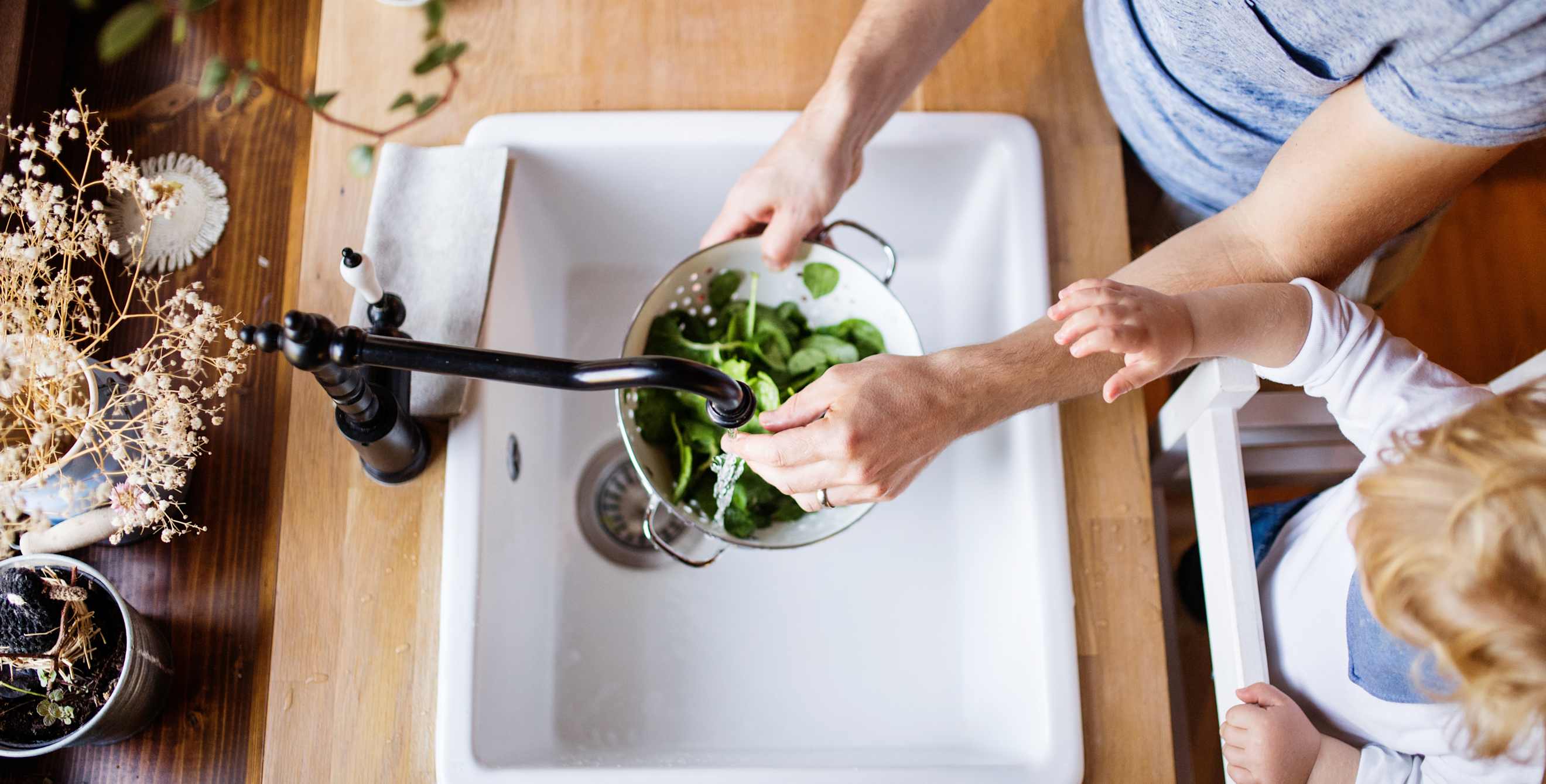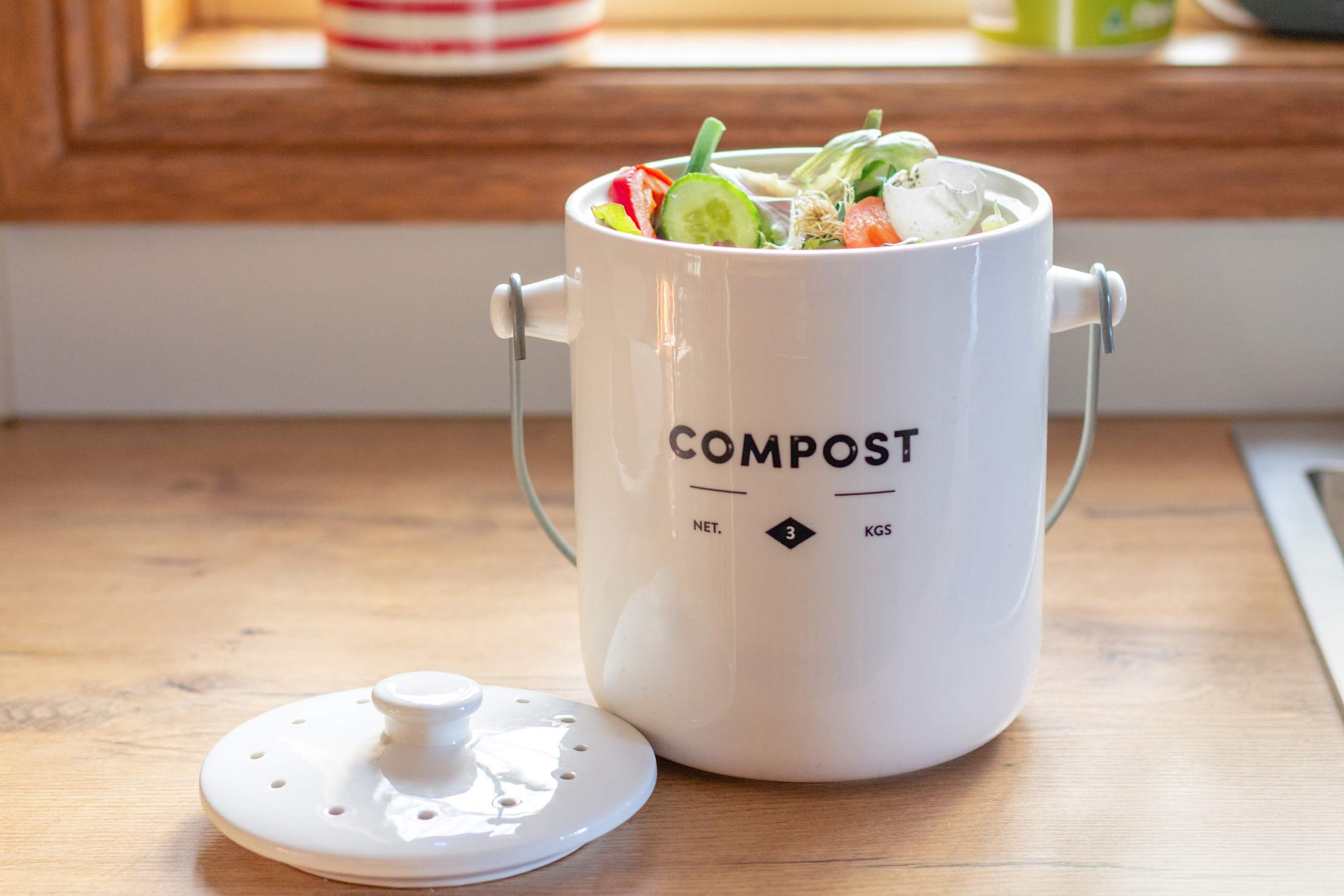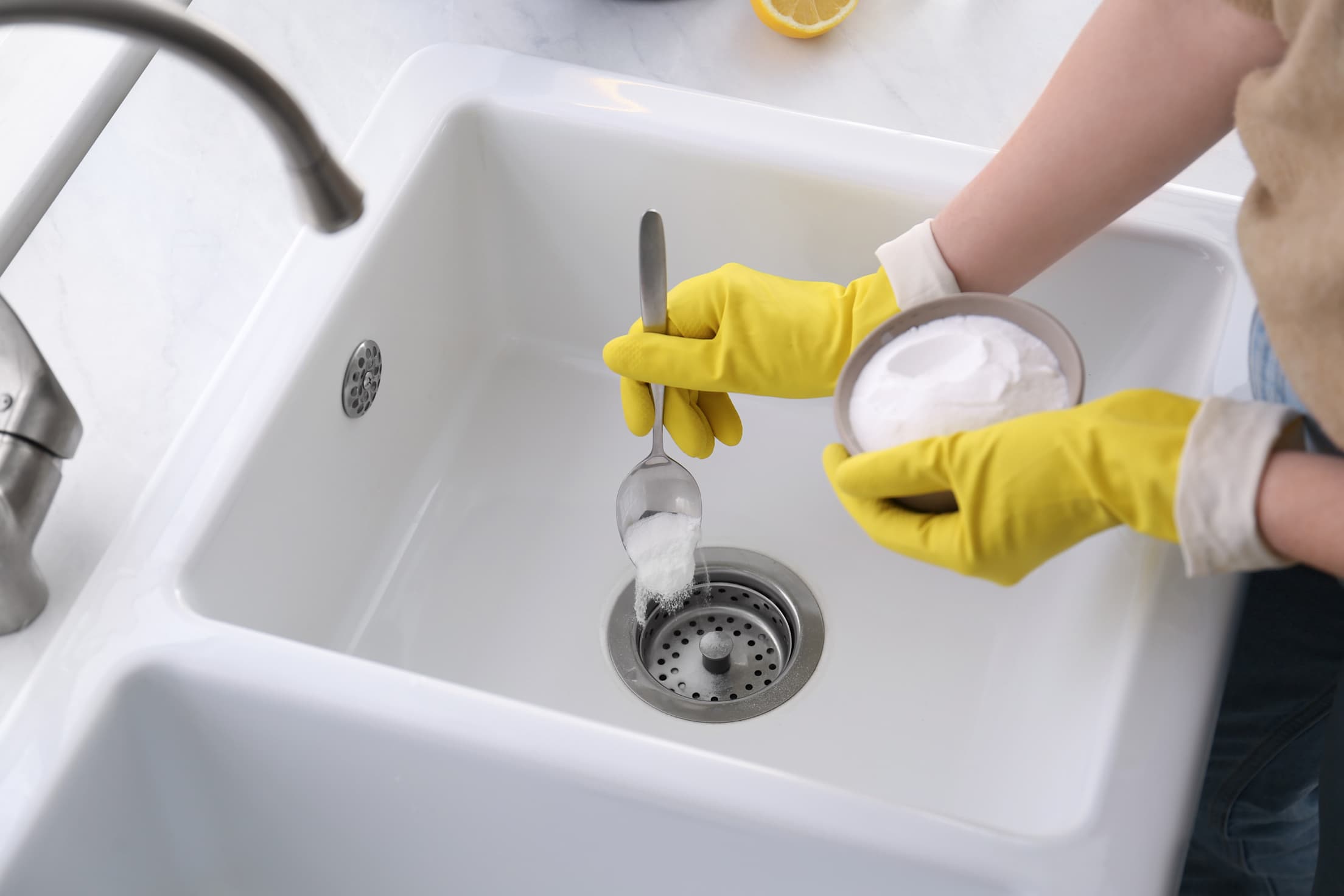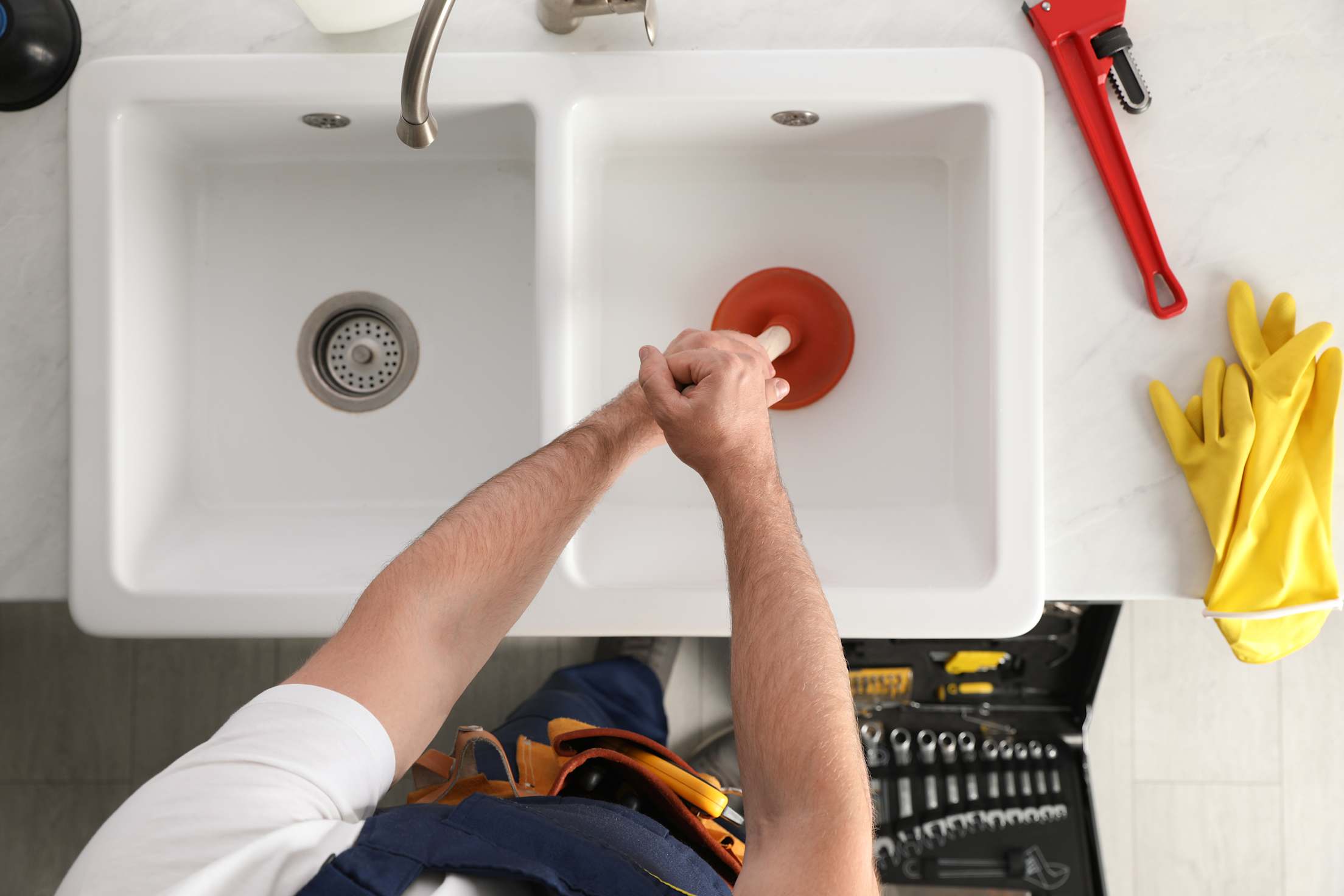
How to Prevent and Fix Clogged Pipes
And when to call on a plumber for help.

It’s easy to ignore the pipes in your home until something stands in the way of doing the dishes, flushing the toilet, or taking a shower. But simple habits can reduce your chance of catastrophic issues down the line—especially this time of year when clogged pipes are more common due to the extra strain from holiday get-togethers and falling temperatures. In colder weather, grease and other debris in your pipes (think: hair, soap scum, and so on) can solidify, leading to a clogged drain, he says.
Learn how to prevent slow draining and clogs with these expert-backed strategies.
1. Don’t treat your plumbing like trash.
The drains in your sink and tub, not to mention the toilet, are not a garbage receptacle. The best way to prevent clogs is to never allow anything down a drain that isn't meant to be there.
That means putting wipes (even ones marketed as flushable), menstrual products, and hair in a garbage can. Toilet paper is the only non-organic material that should be flushed down a toilet. An inexpensive sink or tub strainer can keep hair, a leading culprit for bathroom clogs, and other debris from accidentally washing down the drain. Bonus: It will also catch beloved jewelry before it slips into the plumbing.

Food scraps should go in the compost or trash, not down the garbage disposal.
2. Keep food waste out of drains.
Over in the kitchen, it’s food that typically causes drain clogs. Grease and oil are particularly problematic, says Duane Miller, owner of Stellar Plumbing in Prescott Valley, Arizona. These fatty substances are the number one cause of kitchen clogs, “especially during winter as they solidify much faster in low temperatures,” he says. But it’s also a good idea to keep coffee grounds, eggshells, uncooked pasta or rice, nuts, and fibrous foods (think: potato peels or onion skins) out of your drain, Miller says. Instead, put them in the compost or trash bin.
Pour liquid fats into a container to cool down before throwing them out, and use a basket strainer to keep smaller pieces of food out of the drain when doing dishes or prepping food.

Baking soda and vinegar can help keep drains clear.
3. Clean drains regularly.
Clear pipes of any food, oils, soap scum, hair, or other debris that’s made it through: Mix together one part baking soda with two parts vinegar, then pour the concoction down the drain. Let it sit for 10 minutes, then rinse with boiling water.
Miller recommends using this DIY cleaner on a monthly basis. “The bubbling reaction from baking soda and vinegar helps remove buildup and also cleans and deodorizes your drains,” he says.
4. Keep up with lawn work.
It’s not just indoor pipes you should keep clog-free; outdoor ones matter too. Think of this as yet another reason to spend time on lawn maintenance because foliage can cause back-ups in outdoor drains, potentially damaging the foundation.
“Clean your outdoor drains by flushing them with water from your hose and removing leaves and dirt or gunk buildup,” Miller recommends. That way, water from rain and storms will drain properly, instead of flowing back into your home, he says.

A plunger can help dislodge a clog in a drain.
What to Do When Things Go Wrong
Even with the best preventative tactics, sometimes clogs and backups happen. If that’s the case, simple DIY tactics might help solve the problem—especially for a minor clog. Here’s what experts recommend:
- Grab the problem. Can you see a chunk of food or a clump of hair obstructing the drain? “If the clog is visible, put on rubber gloves and use plastic hooks to try to remove it by hand,” Miller says.
- Try your DIY cleaner. Pour the mix of baking soda and vinegar (in a one- to two-part ratio) down the drain, let it sit for 10 minutes, then slowly pour in boiling water to clear any remaining gunk. Note: Do not pour hot water down a porcelain toilet or sink since it could crack.
- Use a plunger. This tool isn’t just for toilets. They’re also useful for clearing clogs from the sink and tub, just be sure to plug the overflow drainage hole so that you can get the necessary suction.
- Carefully snake it. Hardware stores sell drain snakes which can help clear smaller clogs. But Miller notes that a drain snake “has a high chance of worsening the problem” for inexperienced users, so be cautious.
- Skip the liquid drain cleaner. While the quick-fix may be tempting, experts advises against commercial drain-cleaning substances. Yes, they may be effective in the short-term, but they can have a negative impact on the integrity of pipes if overused. Plus, they can be harmful to the environment.
When You Need an Expert
If the tactics above don’t work—or you find yourself making homemade volcanoes in drains frequently—it’s time to call on the pros. Other signs you need a plumber are if you hear gurgling noises in the pipes or the smell of sewage is emitting from your drains, Miller says.
Whether you own or rent your home, protect your personal property with AAA Insurance.